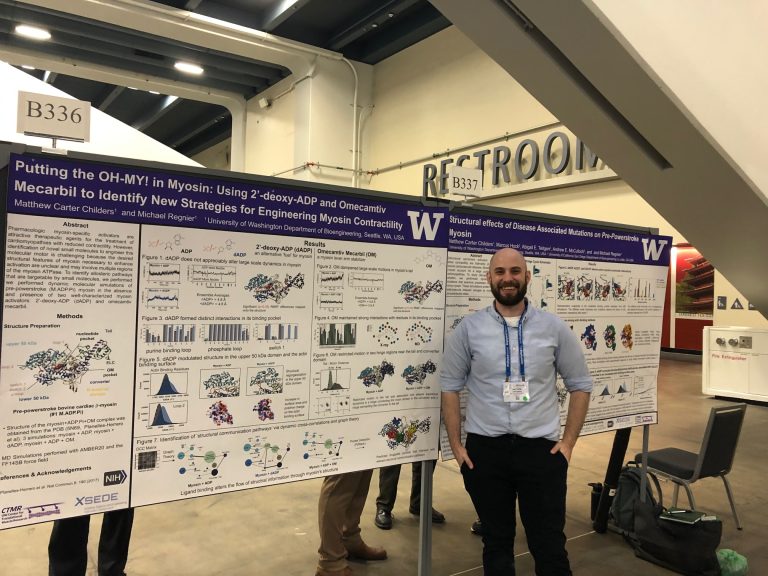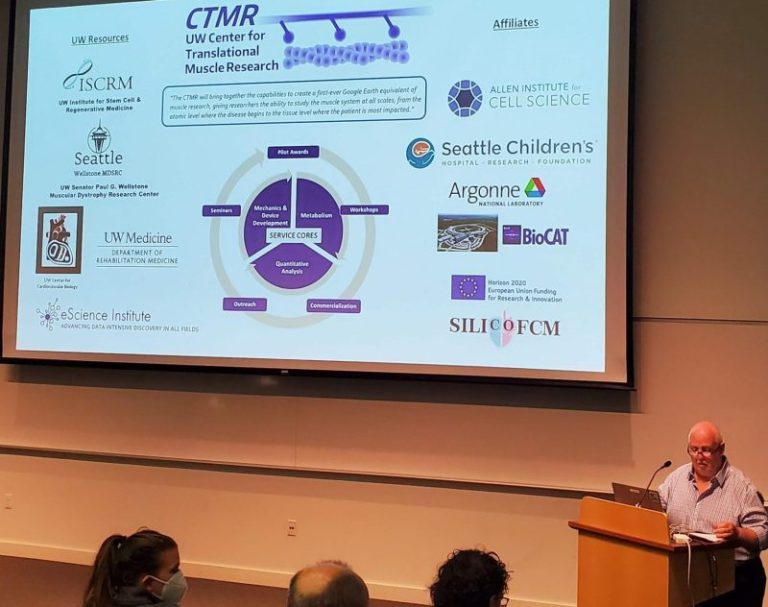Thurs 2/17: Talk by Jolanda van der Velden, PhD of VU University Medical Center, Amsterdam

Join us for the Breakfast Club talk this upcoming Thursday, February 17, 202; 9:00 – 10:00 AM by Dr. Jolanda van der Velden professor and chair at VU University Medical Center, Amsterdam. The talk, hosted by hosted by Dr. Michael Regnier (Dept. of Bioengineering), will occur both in person at the Orin Smith Auditorium, SLU Campus, Building C and virtually at the following Zoom link: https://washington.zoom.us/j/92595879113
Title: Cardiomyocyte dysfunction in hypertrophic cardiomyopathy: role of sex and gene mutation
Speaker Bio: Jolanda van der Velden, PhD, is chair of the Department for Physiology at the Amsterdam University Medical Center, and director of the Amsterdam Cardiovascular Sciences Institute. The main research interest of the van der Velden group is to study the role of sarcomeric proteins in cardiac performance. As mutations in sarcomeric proteins are a frequent cause of heart disease, research on inherited cardiomyopathies is a central research line in Amsterdam, and experiments are performed from bench to the clinic. Expertise includes functional studies at single cardiac muscle cell and multicellular level, and mitochondrial studies in patient samples obtained during cardiac surgery and stem cell-derived heart models. Studies in human are complemented with studies in a cardiomyopathy mouse model. Recent collaboration with CytoCypher enables high-throughput studies in (stem cell-derived) cardiomyocytes (compound screening, effects of disease modifiers). The current research projects aim to define the role of mitochondrial dysfunction in onset of cardiac disease, metabolic stress (obesity) as secondary disease hit, and protein homeostasis with a focus on the microtubular network. The research is funded by a VICI, ZonMW-Heart Foundation translational research grant (ENERGY trial), LeDucq foundation, and a DCVA consortium grant (Heart Foundation and Stichting Hartedroom; Dosis consortium; Double-Dose research program).
About the Speaker Series: Administrative support for Breakfast Club provided by the Center for Cardiovascular Biology, The Mitochondria and Metabolism Center, the Center for Translational Muscle Research, the Wellstone Muscular Dystrophy Research Center, and the Division of Cardiology



